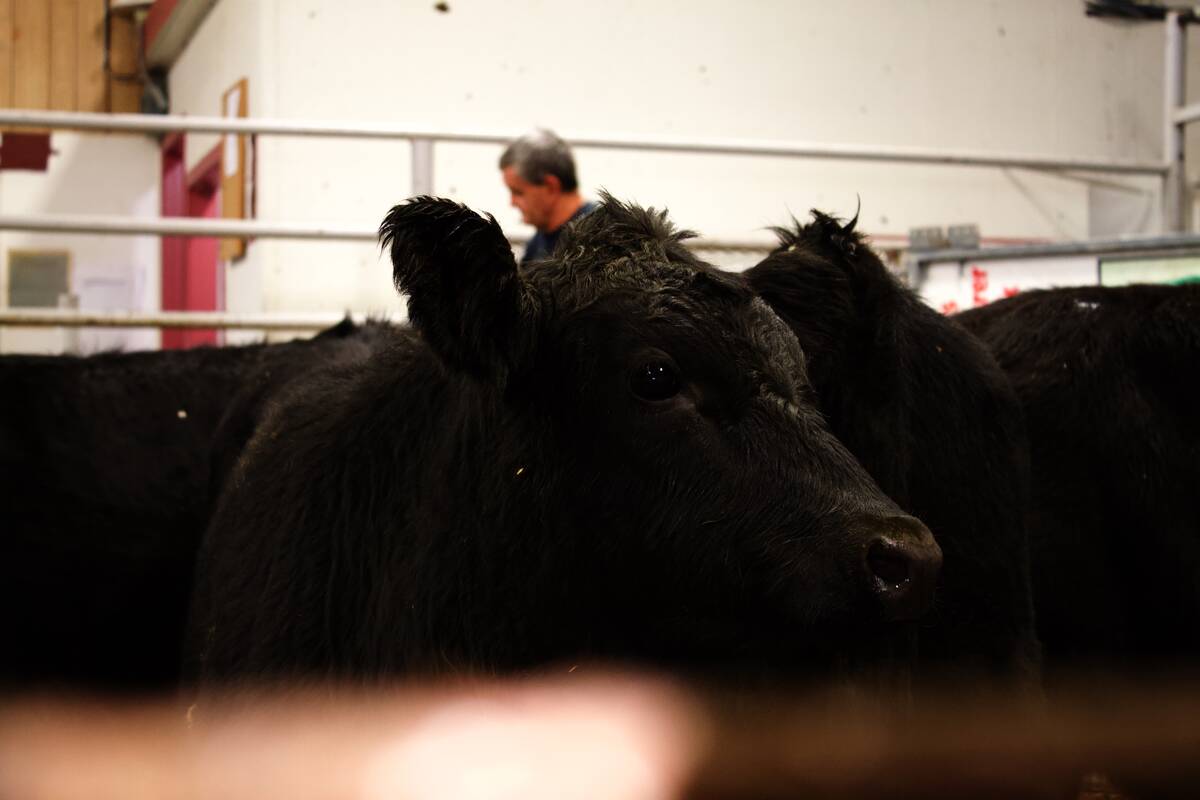A Kitchener-area pork packer with a provincial focus and a federal-grade facility has picked up a seven-figure public loan to finance new equipment and infrastructure.
Cambridge Meat Packers, based just east of Cambridge, Ont., will get a $1.6 million repayable investment from the federal Slaughter Improvement Program.
The loan will go toward construction of a water treatment facility and the “purchase and installation of new equipment.”
The 35,000-square-foot Cambridge plant was recently renovated into a “state-of-the-art facility, meeting federal inspection requirements,” the government noted in a release Friday.
Read Also

U.S. livestock: Chicago cattle and hogs slide back
Chicago Mercantile Exchange cattle and hog futures slipped back on Tuesday. Most-active April live cattle contracts lost 0.775 cents to…
The loan “will assist us in finishing the extensive renovations to the plant so that we can begin slaughtering operations,” company president Albertino Domingues said in the government’s release.
“This will provide jobs to the local community and an additional market for Ontario hogs.”
According to the Kitchener-Waterloo Record on Friday, Domingues, a Toronto meat wholesaler, bought the former Morrison’s Meat Packers plant in 2005; the facility had sat shuttered since 2000.
The Record’s Rose Simone quoted Domingues as saying the water treatment facility must be put in place before the plant, which previously shipped out its wastewater, can restart production.
Domingues was also quoted in the newspaper as saying the renovated plant should be ready to start operations in September.
Originally budgeted to provide up to $50 million in loans, the federal government’s Slaughter Improvement Program is meant to back “sound business plans aimed at reducing costs, increasing revenues and improving operations” for Canadian red meat packers and processors.
To be eligible for program funds, activities and costs must have been incurred no earlier than April 1, 2009; funded projects must be finished by March 31, 2012.
The purchase, delivery, installation and implementation of equipment and technologies, including staff training, can be considered eligible activities.
Last month’s federal budget put up an additional $10 million for the program from the federal Agricultural Flexibility Fund.















